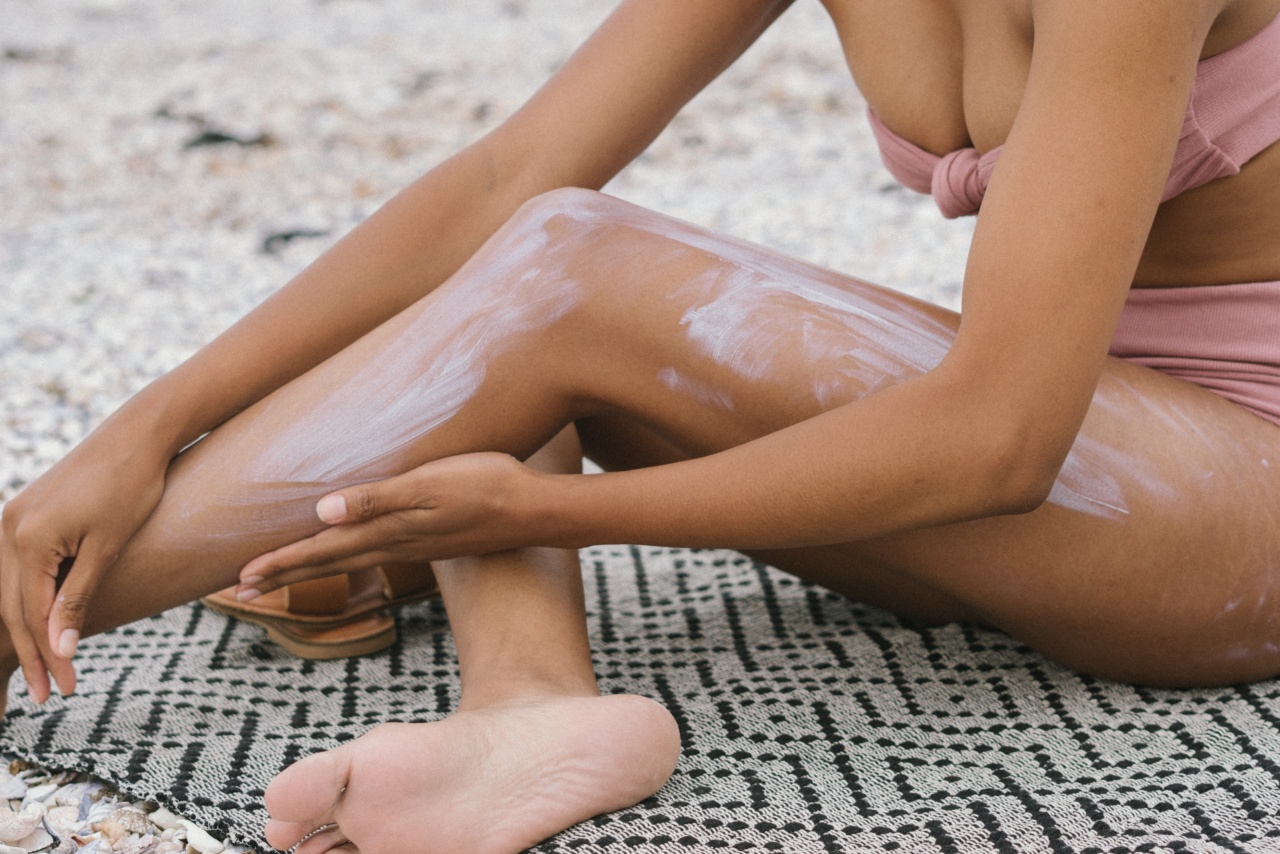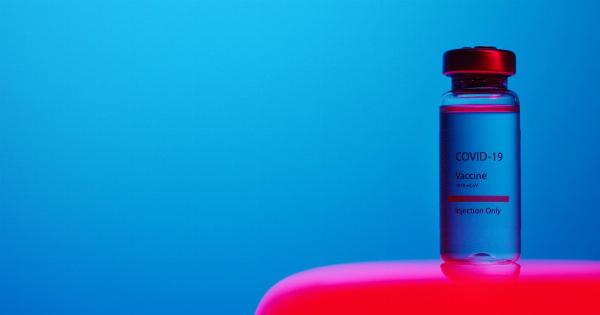Understanding Summer Skin Rashes: Causes and Treatments
Summer is a time for outdoor activities, which sometimes bring along various skin problems. One of the most commonly experienced skin problems in summer is skin rashes. Unfortunately, skin rashes are not only annoying but also painful.
Therefore, it’s essential to understand the causes and treatments of summer skin rashes.
What Causes Summer Skin Rashes?
Summer skin rashes have many causes. Common ones include:.
- Heat rash: Heat rash occurs when sweat glands are clogged and cause small red or pink bumps that itch.
- Swimmer’s itch: Swimmer’s itch occurs when you swim in water that’s infected with a parasite. Symptoms include small bumps or blisters and itching.
- Sun allergy: Some people are allergic to the sun and get a rash from sun exposure. Symptoms include a rash, hives, and itching.
- Poison ivy: Poison ivy is a plant that causes a rash when contact is made with the skin. Symptoms include a red rash, blisters, and itching.
- Chafing: Chafing occurs when skin rubs against other skin or clothing and causes irritation. Symptoms include redness and soreness.
- Stings and Bites: Insect stings and bites cause itching, redness, and swelling in the affected area.
Treatments for Summer Skin Rash
The treatment for a summer skin rash depends on the type of rash. Below are some of the common treatments:.
Heat Rash Treatments
For heat rash:.
- Avoid tight or synthetic clothing
- Stay in a cool or air-conditioned place
- Take cool showers or baths
- Apply calamine lotion or a gentle moisturizer
- Avoid using creams or ointments that block sweat glands
Swimmer’s Itch Treatments
Swimmers itch can be treated by:.
- Applying cool compresses
- Using hydrocortisone cream or antihistamines for itching
- Taking an over-the-counter pain reliever such as acetaminophen or ibuprofen
- Gently scratching the itching area with a warm washcloth
- Consulting a doctor if the symptoms continue for more than a week
Sun Allergy Treatments
The following treatments are recommended for sun allergy:.
- Avoid sun exposure during peak hours
- Wear protective clothing
- Use sunscreen with an SPF of at least 30 on all exposed skin
- Take oral antihistamines for itching and hives
- Apply topical corticosteroid creams for severe rash
Poison Ivy Treatments
Treatments for poison ivy include:.
- Wash the affected area with soap and water as soon as possible
- Apply cool compresses to relieve itching
- Use topical corticosteroids or oral antihistamines for itching
- Take an over-the-counter pain reliever such as acetaminophen or ibuprofen
- Consult a doctor if the rash is spreading rapidly or if it’s near the eyes or mouth
Chafing Treatments
Treatments for chafing include:.
- Wear loose clothing
- Avoid rough or scratchy materials
- Apply petroleum jelly or zinc oxide to the affected area
- Clean the affected area with mild soap and water
- Use topical corticosteroid creams or ointments for severe cases
Stings or Bites Treatments
The treatments for insect stings and bites include:.
- Remove the stinger if possible
- Wash the affected area with soap and water
- Apply a cool compress to the affected area
- Use over-the-counter antihistamines for itching and swelling
- Take an over-the-counter pain reliever such as acetaminophen or ibuprofen
Conclusion
Summer skin rashes can be uncomfortable and painful, but they are usually treatable. Understanding the causes and treatments is the first step in preventing and treating skin rashes.
Remember to consult a doctor if the rash is spreading rapidly or if it’s near the eyes or mouth. It is always better to seek professional medical advice if home remedies don’t seem to help.



























